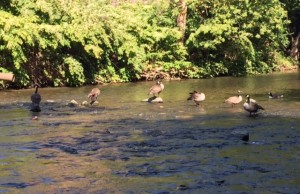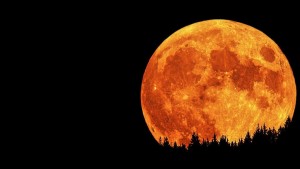“This, then, is the central paradox: wilderness embodies a dualistic vision in which the human is entirely outside the natural. If we allow ourselves to believe that nature, to be true, must also be wild, then our very presence in nature represents its fall. The place where we are is the place where nature is not” (Cronon 80-81).
I find the ‘debate’ on if humans are a part of nature or not very interesting. It is something I think a lot about, and I still don’t personally have a solid opinion on the matter yet. I thought it was interesting that Cronan is so sure we aren’t a part of nature, especially because a lot of people would say we are a part of it.
“Not till we are lost, in other words, not till we have lost the world, do we begin to find ourselves, and realize where we are and the infinite extent of our relationships” (Thoreau 187).
This sentence comes after he is describing walking through the woods in the dark, and while he is able to feel his path, others often can’t, and they get lost. I thought this was going to end with something along the lines of this is how we begin to understand nature and our surroundings, but he jumped to relationships which of course could be human ones, or with nature. I thought this was interesting. He is suggesting that to be lost is to be able to take an outside view of the relationships you have with nature or others, because when you are a part of it, it becomes hard to understand or see how much it effects you.


